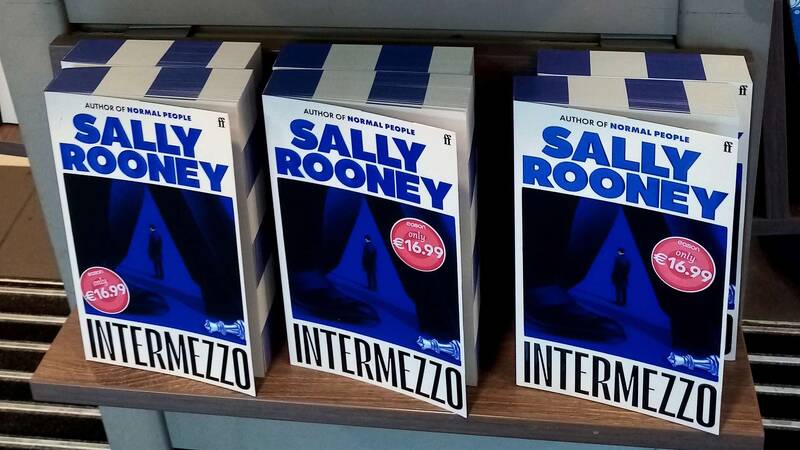You are viewing your 1 free article this month. Login to read more articles.
University presses add to warnings over UKRI's new OA policy
Several university presses have echoed concerns raised in a highly critical report commissioned by the Publishers Association into UK Research & Innovation's proposed new Open Access policy, warning some presses could go out of business.
The report, released on Wednesday (17th February), claimed the policy, which makes Open Access requirements for articles and monographs funded by UK Research & Innovation (UKRI), would lead to a £2bn loss for journals from 2022 to 2027, while universities would see expenditure increase by up to £140m a year.
Although the policy itself will not be announced until the spring, the pre-release report will add to a body of evidence UKRI and ministers can make before a final decision is made.
UKRI defended its approach in the wake of the report, saying it was considering all the responses it had received following its recent consultation, including on funding.
A spokesperson said: “It is the Government ambition, confirmed most recently in the UK Research & Development Roadmap, to maximise the global impact of UK science and innovation through the timely availability of publicly funded published outcomes.
“The UKRI Open Access Review is considering detailed policy responses that will support this ambition, and maintain UK leadership in the open availability of scientific outcomes.
“This consideration includes the different approaches to the pricing of openly available publication, and their value for money for the taxpayer, and the extent to which the maintenance of publishers’ income should be a purpose of the policy.
“These are factors that we are considering in reaching a final policy position, along with affordability issues raised with us more widely as part of the public consultation we held. We anticipate announcing the new policy in the spring.”
However, some university presses said they shared the report's concerns. Manchester University Press (MUP) c.e.o. Simon Ross warned the policy could see some publishers close down.
He said: “From an MUP perspective, we see the general policy making it harder for small to medium publishers, like university presses (UPs), who focus on monograph publishing to run their business, many of which run on very low margins. Those publishers or societies with small journal portfolios will also struggle, especially those weighted towards humanities and social science, where there simply isn’t enough funding to support the UKRI policy, and there appears to be no additional funding to support the transition. Coming on the back of Covid and Brexit could mean the end for some.
“We work closely with the University of Manchester Library to co-ordinate policies around OA and there is a general recognition that OA and the UKRI approach will be more costly, especially for a large research-based universities like Manchester, and to support that there may have to be radical decisions about how the library spends its budget.”
Ross said his press had been very active in OA publishing, with 200 books available. However, he said: “At around 10% of our output, we don’t see any real opportunity to ‘flip’ the whole model. With a limited time period to make back our investment with the traditional publishing model and a continuing erosion of the vital backlist revenue, the reality for MUP is that we would have to publish fewer academic monographs.”
Oxford University Press raised a number of concerns during the consultation, particularly over the lack of detail on funding. The press proclaims itself the largest university press publisher of Open Access research, with more than 1,250 OA journal articles per month and more than 115 OA books. However, it also warned monograph publishing would be threatened by the UKRI policy.
A spokesperson said: “Together with our colleagues at Oxford University, we have previously raised concerns about the proposed UKRI Open Access policy, particularly its potential impact on monograph publishing and its lack of clarity on funding. The process of creating and publishing an OA monograph is longer and requires greater input from the publisher than the equivalent process for research articles. Monographs are also read and used in a different way, over a longer period of time. We share the concern reflected in the FTI report that the UKRI policy will create a strong incentive for potential customers to simply wait for the OA version, effectively shortening the sales period for any monograph.
“Monograph publishing is not a high-margin activity, and requires significant investment on the part of publishers; we are concerned that the changes proposed by UKRI could threaten its future sustainability. Research carried out by OUP and CUP shows that the monograph remains a valued publishing format, especially in social sciences and humanities. A threat to the monograph constitutes a threat to the diversity and quality of research in these disciplines.”
However, not everyone was convinced by the report. In a lengthy blogpost Martin Paul Eve, professor of literature, technology and publishing at Birkbeck, questioned many of the figures and said the report's conclusions were “poor distortions of the real situation”.
He concluded: “It just feels like the PA, yet again, trying to slow down OA progress. Doing so in a year when the importance of open research has been shown to be one of the most important things on the planet as we all benefit from, say, coronavirus science, is hardly helpful. We’re not going back and the better course would be for publishers to begin to adopt new, feasible business models for OA, rather than pretending that things will return to the 'old normal'.”















